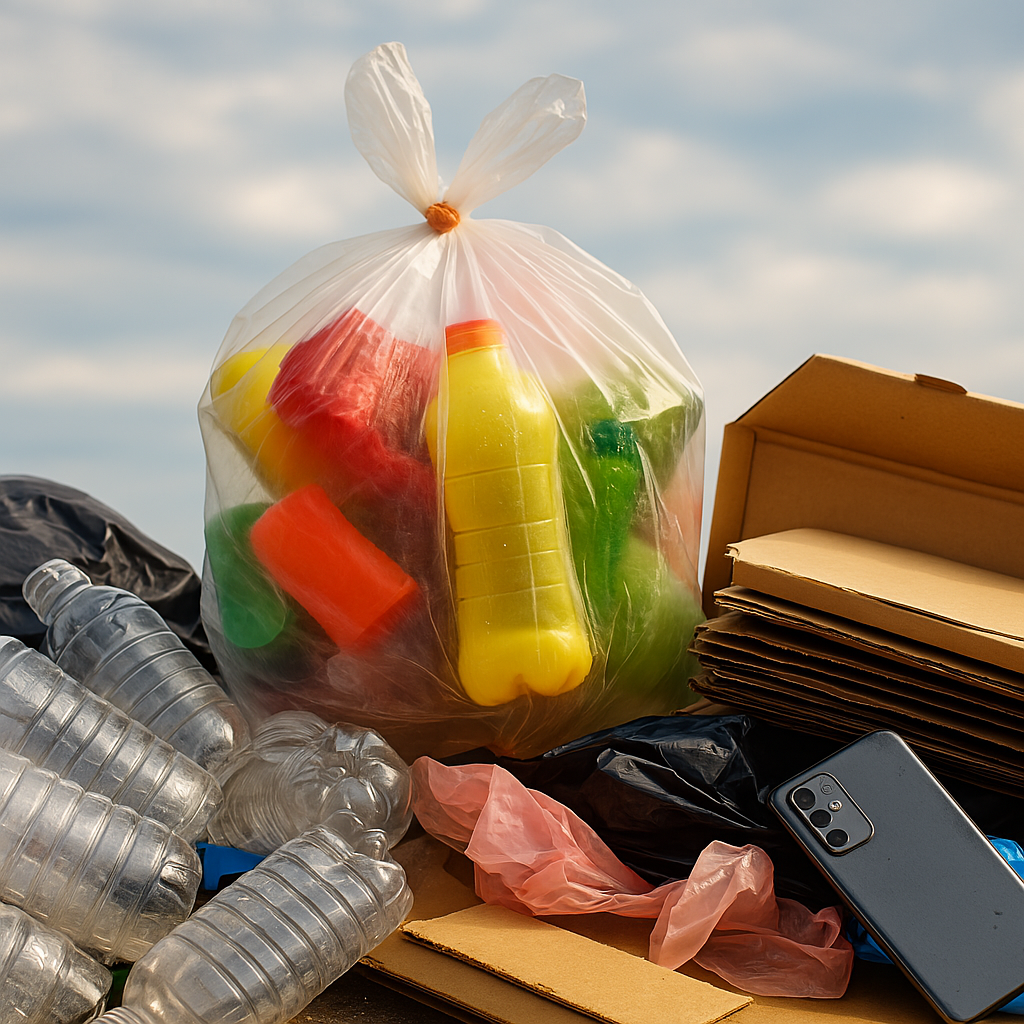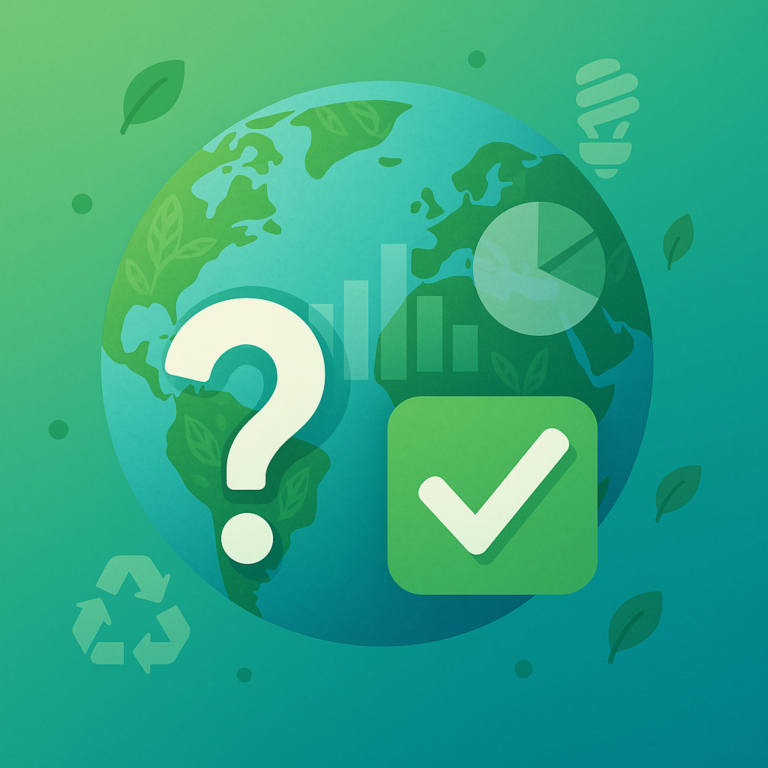You won’t believe how fast it adds up.
By the time you finished reading this page, thousands of products have been made, shipped, used, and discarded. This simulation is just a glimpse into the real-time impact of our consumption habits.
The world produces over 2 billion tons of waste each year. That’s enough to fill over 800,000 Olympic-sized swimming pools.
Recycling isn’t enough. It’s time to rethink how we live, what we buy, and how we care for the planet.
🌍 Waste Never Sleeps
The average person generates over 1,600 pounds of trash each year. Multiply that by 8 billion people, and you start to understand the scale of our global waste crisis.
Our real-time tracker brings those numbers to life — not with charts, but with live, animated statistics that grow the moment you load the page.
💡 Why This Matters
Most of us don’t see the trash we create — once it’s “thrown away,” it vanishes from sight. But our waste doesn’t disappear. It accumulates.
- Over 5 trillion plastic bags are used each year.
- We toss over 50 million tons of electronics annually.
- And shockingly, only 9% of plastic is ever recycled.
This simulator is a visual reminder that every product we consume has a lifespan — and an environmental price.
🔢 What Makes This Tracker Different
Most statistics feel abstract. Ours are real-time. Based on globally sourced data, this tool uses calculations from reputable estimates (UN, National Geographic, World Bank) to show:
- Plastic bottles thrown away
- Fast fashion items discarded
- Phones tossed
- Amazon packages delivered
- Burgers sold
- Cars manufactured
- Seabirds harmed by plastic
🧠 How You Can Use This
Besides being… well, alarming, this tracker is also educational.
Use it in:
- Classrooms to teach sustainability
- Presentations on environmental impact
- Newsletters, blogs, or social posts as a shareable resource
- Or just to get inspired to consume more consciously
✅ Small Changes That Help
It’s easy to feel overwhelmed, but you don’t have to save the planet alone. A few real ways to make a difference:
- Switch to reusable bags, bottles, and containers
- Buy fewer (but better) clothes
- Donate or recycle electronics responsibly
- Support circular economy brands
- Go solar or reduce energy use at home
📣 Final Thought
The more we know, the more power we have to change.
We created this experience because we believe that awareness is the first step — and sometimes, it takes watching the world’s trash build up in real time to realize just how urgent the problem is.








